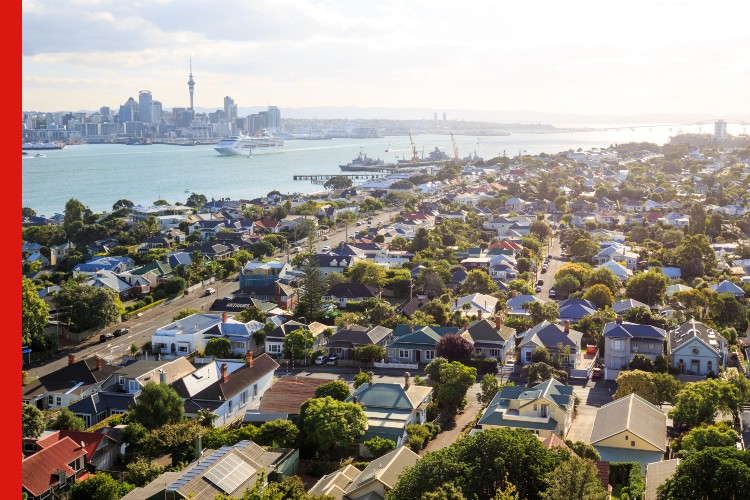
Commentators are quick to forecast where residential property prices will go.
At the start of each year commentators are quick to forecast where residential property prices are likely to be heading in the coming 12 months.
The reality is, immediately after the summer holiday break, is the hardest time of the year to make forecasts.
The reason for this is that while property continues to be listed and sold over the holiday break, normal trading patterns become so distorted that trying to read trends into available data can lead to misleading assumptions.
For example, over the last decade, when you compare the median sales price of properties* sold in January to that for the preceding December, for eight of the ten years, prices fell. Sometimes significantly.
If you had taken that January price fall as a ‘signal’ that prices were about to decline you would have totally misread the market.
Over the past decade, prices year-on-year have increased.
The reason for this seasonal blip between January and the preceding December is down to the fact that buyers who purchase in the top third of the market are more likely to take an extended break away from home over the holiday season.
Buyers in these price segments try to finalise any housing decisions before Christmas or defer decision making to late January/early February.
Sales numbers will always slip in January compared to December, and invariably a greater number of the homes that are sold in January will be in the lower price brackets.
Hence, the median price is pulled down.
Looking at monthly numbers without being aware of underlying contributing factors can lead to drawing incorrect conclusions.
My counsel is always to treat data covering January and February with great caution.
Our sales data covering the 2021 year showed that Auckland property sustained its forward momentum right up to Christmas, with the median sales price during the 12 months increasing by 19.9%.
This increase is the highest year-on-year increase in the past decade.
The Real Estate Institute’s January Property Report, covering the 2021 year, had the national median price increase for the year (which included Auckland data) as rising by 21.5%.
The majority of commentators are forecasting that prices will continue to increase modestly in the first half of 2022, but the rate at which they increase will decline.
Supporting this sentiment is that since Christmas nothing has changed in the marketplace to upset the trend existing as we went into the summer break.
The drivers that affect prices, including a rise in interest rates and stricter lending criteria by trading banks, were in place before Christmas.
Unless there is some, yet unknown, new development, I’ll be keeping an open mind on prices until we start to see data for sales occurring in early March.
The area of the property market where prices were far more stable in 2021 is rentals.
At year end the average rent across Auckland for a three-bedroom home was $614* a week, an increase of $15 or 2.5% higher than at the start of the year.
Parts of the market not often commented on in the media is the rural and lifestyle markets, perhaps because data on sales in these markets is not as freely available as for urban residential sales.
Our sales data for these markets, covering Northland and the rural areas to the north, west and south of urban Auckland, shows owner occupiers and investors have renewed their interest in the non-urban market.
Our sales in these markets have returned to levels last seen in 2015 and 2016.
The big unknown in 2022 remains Covid.
While activity during the last two years has been interrupted by lockdowns, the real estate, banking and legal professions have demonstrated restrictions are more of a hinderance than a barrier when it comes to real estate activity.
It is to be hoped that the market can deal with the Omicron variant in the same way.
*Barfoot & Thompson data
